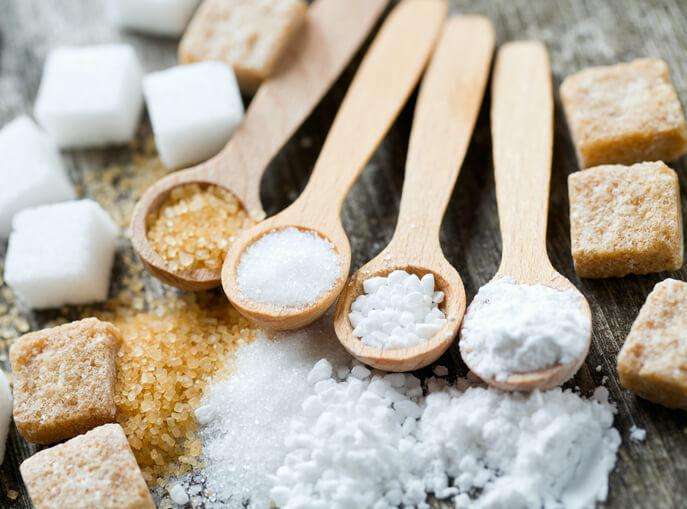Better to drink coffee with or without sugar? We want to try to give you an answer, even if the opinions differ on this question.

The first and easiest answer is: without sugar. But why? The best way to get a feeling of the complex and accurate work of many different persons, which begins with the crop of the beans and ends with a cup of coffee, is to taste the coffee free of sugar or any other condiments. Only then you will notice all the aromas in their diversity. In addition you feel the acid and the natural sweetness. To put it briefly: Who tastes a pure espresso without anything else in it like sugar, will be surprised by its multifaceted aroma and its astonishing complexity.
Unfortunately, it can be very hard to find well informed and proficient baristas. Maybe it already happened to you that a barista recommended to taste your coffee without sugar or at least to reduce its consum. Maybe you got the advice to have a glass of water before your coffee?
However, some people cannot stop using sugar. But why? A customer survey gave the following reasons:
- Automatic habit
- Quality itself is not enough for a good taste. (Especially for people not being into bitter coffee.)
- Dependency (Especially who consumes sugar for producing dopamine.)

It often happens that there is a big waste of sugar. The reason is the quantity of sugar contained in the little paper bags which are often served with coffee and which are often not used completely. To avoid this and to reduce the waste, sugar bags with a reduced quantity could be a good solution. A pleasant side effect would be a lower demand which also had a positive effect on our customers´ health.
Curiosity: In the past it was common to have sugar cans in every coffee shop which allowed every customer to have as much sugar as wanted in his coffee. In these days this service became illegal as a consequence of a European law that wants to guarantee a high hygienic standard. Who violates the law risks a fine in the amount of 2 to 6 million Euros.

